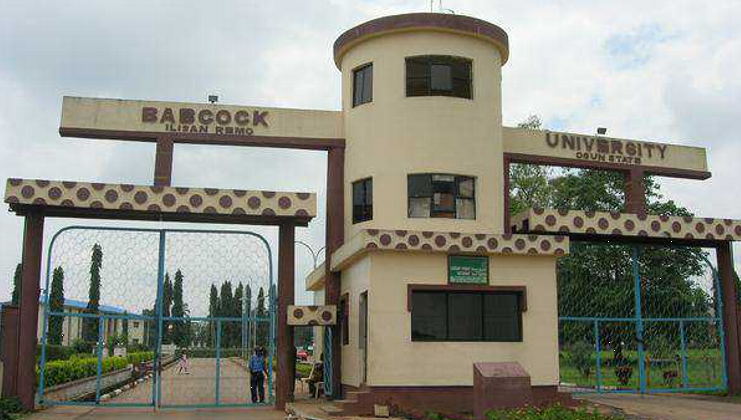
The Babcock University, Ogun State and Farm Connect have signed a Memorandum of Understanding on the development of green agriculture comprising crops production and animal husbandry (production of birds, broilers eggs).
A statement by the institution explained that the controlled environment agriculture would be located in 15 screen houses on a half-hectare net house at Iperu, saying it would run for three years in the first phase.
Speaking at a brief signing ceremony, Vice-Chancellor, Prof. Ademola Tayo, revealed that if the project was well executed, it would serve as a stop-gap to Nigeria’s food crisis triggered by the bandits onslaught on farmers in the middle belt.
CEO, Farm Connect, Mr Azeez Olawale, said the project was an act of worship to God and a way of addressing food security in Nigeria.
Chairman of Seven-man TinkTank, Prof. Cyril Nwangburoka, said the MoU was the outcome of its painstaking assignment as directed by the Vice-Chancellor when the proposal was handed over to them in March this year.
Meanwhile, a Professor of Accounting and Taxation, Folajimi Adegbie, while delivering the 36th inaugural lecture of Babcock University, urged business managers in Nigeria to blend their personal and corporate objectives so as to create value for their shareholders.
In his paper, Resuscitating financially distressed profit-oriented organisation: Reinventing and regenerating pragmatic strategic approaches for business sustainability, Adegbie, said some of the strategies towards reinventing and regenerating a distressed profit-oriented organisation include redefining the vision of the organisation, putting in place integrated corporate governance as well as the philosophy of interplay between environment, shareholders value and corporate governance for value drivers.
Adegbie noted that when value is created for the shareholders, the value of the organisation would be enhanced and shareholders would be in a position to receive full benefits.
“Companies need to sell as much as possible at a determined price with quality products to gain market niche. They must also consider the competitive environment using Michael E. Porter’s Five Forces model (2008) such as working capital investment, fixed capital investment, cost of capital, operating profit margin, income tax, and value growth duration to determine the competitive situation of the company”, he said.




